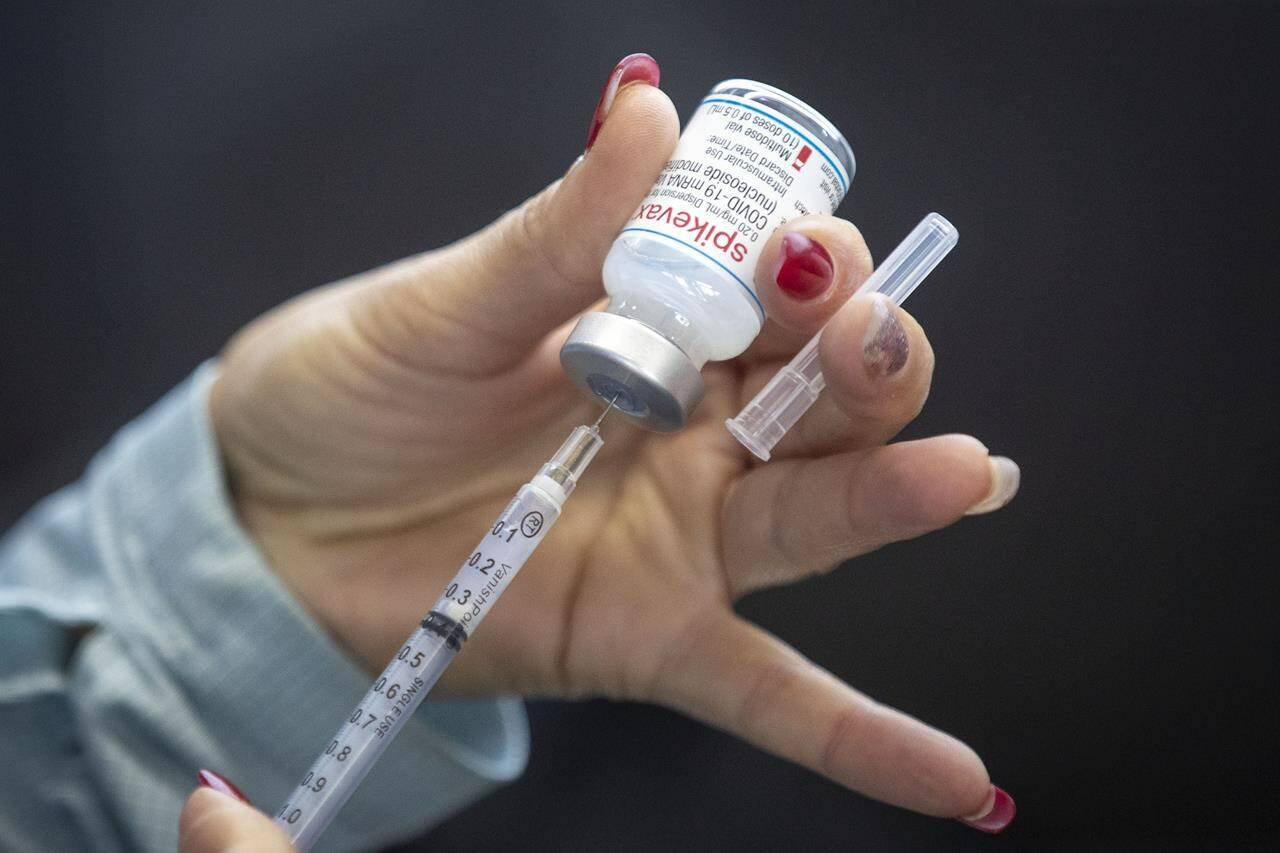A B.C. judge has asked Dr. Bonnie Henry to review the province’s blanket ban on all unvaccinated health-care workers, noting that it may not be justifiable for those who could be working remotely.
The suggestion came down in a May 10 ruling from B.C. Supreme Court Justice Simon Coval, who was reviewing a number of claims from several groups of unvaccinated health-care workers. The workers argued that the continuation of a COVID-19 vaccine requirement, which was most recently reiterated in an October 2023 public health order, is unreasonable and infringes on their Charter rights.
Coval disagreed with the petitioners’ claims that COVID-19 was no longer “an immediate and significant risk” to public health last October, that there is no scientific proof that unvaccinated workers pose a greater risk to patients than vaccinated workers, and that their Charter rights outweigh the importance of protecting the public at large.
Coval did not, however, fully dismiss the petitioners’ fourth claim: that it was unreasonable for the province to fire unvaccinated health-care workers who worked remotely or held purely administrative roles.
Usually, under the Public Health Act, workers have the opportunity to request a variance in a public health order if they feel their personal circumstances fall outside of its scope. However, since November 2021, Dr. Bonnie Henry has halted that option, except for workers who say they had a medical reason for not being able to get the COVID-19 vaccine.
In his decision, Coval said he agreed with the petitioners that there is a lack of justification for limiting that reconsideration process.
He noted a number of the petitioners in the case said they were working fully remotely prior to the vaccination order, and never would have interacted with patients or fellow health-care workers. Some of those people include Phyllis Tatlock, who was the director of operations at BC Cancer, Lori Jane Nelson, who was the senior director for B.C. Children’s Hospital and B.C. Women’s Hospital, and Ingeborg Keyser, who was a communications advisor for Interior Health.
Coval said he wasn’t presented with any evidence to as why those kinds of health-care workers would pose an increased risk if they never entered health care settings in a professional capacity.
READ ALSO: Former B.C. health-care workers petition province over vaccine mandates
Counsel for Dr. Bonnie Henry argued that allowing more workers to work remotely could lead to increased absenteeism and associated slippage. They also said reviewing reconsideration requests for unvaccinated workers takes a large amount of time and resources and it would be impractical for them to determine if a worker would indeed never be interacting with patients or other health-care workers.
Coval said he didn’t feel any of those arguments were strong enough to deny workers’ rights to reconsideration requests.
“…there remains a lack of justification for not including a reconsideration process for remote and purely administrative workers, as a less drastic means of achieving the (public health officer’s) objectives, particularly given the heightened burden of justification because what is at stake is the loss of a person’s job as a health-care professional,” Coval wrote.
He said such decisions about public health have been entrusted to the public health officer, not the court, but added that he suggests Dr. Bonnie Henry reconsider the benefit of a ban on some types of unvaccinated health-care workers.
According to a Freedom of Information request filed with the B.C. government, about 2,496 health-care workers were fired as a result of the vaccine requirement. That represents just over one per cent of the 222,921 total health-care workers employed in 2022. The FOI request did not detail how many of the laid-off workers were remote or administrative.
“Overwhelmingly, health-care workers got vaccinated because health-care workers believe in vaccination and they want their patients to be safe,” Health Minister Adrian Dix said Monday (May 13), speaking with reporters in response to the court case.
He added that his ministry is happy overall with the ruling and that they will look at Coval’s suggestion.
Black Press Media also reached out to Dr. Bonnie Henry for comment and requested data from the Ministry of Health on the number of fired health-care workers who could be working remotely. Neither had responded as of time of publication.
READ ALSO: Conservatives drop B.C. doctor suspended for COVID views
READ ALSO: B.C. pharmacist suspended for faking his own COVID vaccine records

